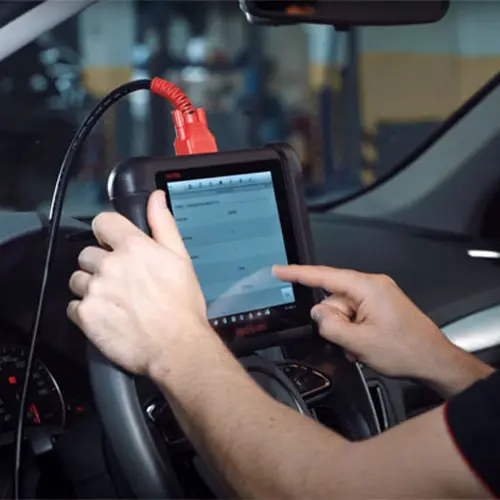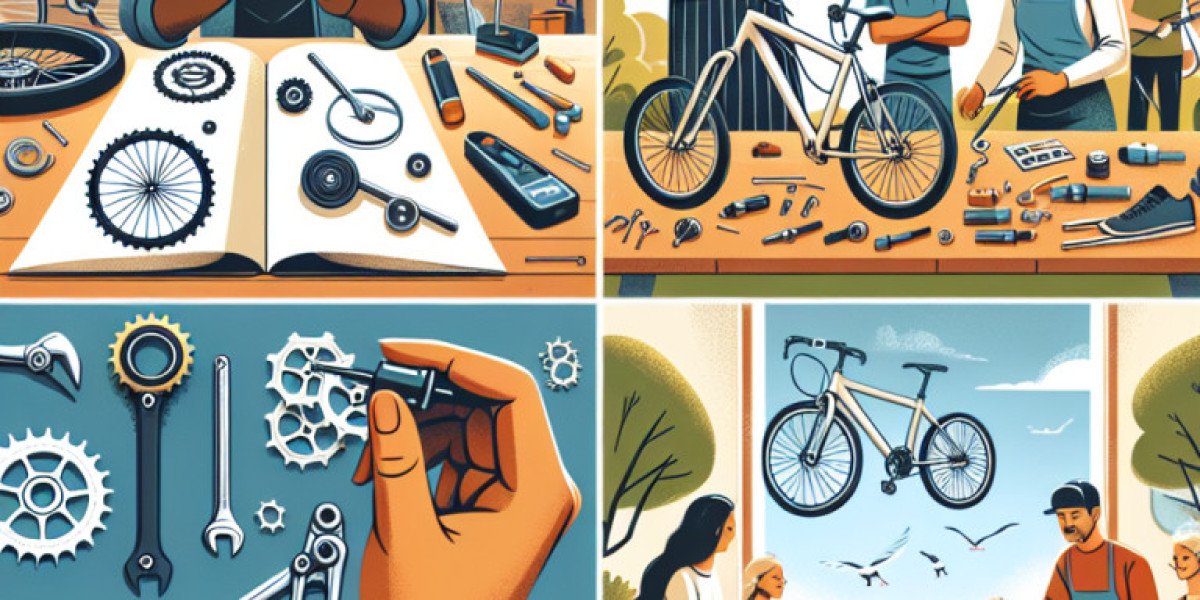
Car Key Repairs: Understanding the Process and Options Available
Car keys are important to vehicle operation, serving not only as a system to unlock and start the engine but likewise including innovative technologies for security and benefit. Naturally, similar to any mechanical element, car keys can experience issues varying from basic wear and tear to complicated electronic failures. This post explores the various elements of car key repairs, offering insight into the common issues, repair alternatives, expenses, and preventative procedures that vehicle owners can consider.

Common Issues with Car Keys
Car key problems can differ considerably based upon the kind of key, its product, and the age and model of the vehicle. Below are some of the most common issues:
- Broken Key: Keys can break due to use or required entry, leaving part of the key in the lock or ignition.
- Run-down Key: Over time, the key might lose its shape, preventing it from turning in the ignition or door locks.
- Transponder Issues: Modern car keys typically consist of a microchip that communicates with the vehicle. If this chip malfunctions, the car may not start.
- Harmed Remote: For key fobs, problems such as water damage, button malfunctions, or battery failure can cause a remote to stop working.
- Ignition Cylinder Problems: Sometimes, the problem might not lie with the key however with the ignition cylinder itself, which may require a separate repair.
Table 1: Common Car Key Issues
| Concern | Description | Possible Causes |
|---|---|---|
| Broken Key | Part of the key is stuck in the lock or ignition. | Excessive force, producing defects. |
| Run-down Key | Key doesn't turn or fits loosely. | General wear from normal use. |
| Transponder Issues | Vehicle doesn't acknowledge the key. | Defective microchip or damage to the key. |
| Damaged Remote | Key fob buttons are unresponsive. | Water damage, dead battery, or effect. |
| Ignition Cylinder Problems | Difficulty turning the ignition or the key getting stuck. | Used cylinder, key misalignment. |
Repair Options for Car Keys
When faced with a car key issue, vehicle owners have several repair or replacement choices. It's vital to select the most appropriate method based on the particular problem.
1. Do-It-Yourself (DIY) Repairs
Some minor concerns can be remedied at home with standard tools:
- Key Extraction Kits: If a key is broken in the lock, key extraction packages can assist remove it securely.
- Lubrication: Sometimes, simply lubricating the ignition or door lock can deal with sticking problems.
- Battery Replacement: For remote keys, replacing the battery is typically simple and can bring back performance.
2. Expert Locksmith Services
For complex issues, working with a professional locksmith is typically the very best strategy. Locksmiths can provide:
- Key Cutting and Duplication: If a key is lost, locksmith professionals can produce a replacement.
- Transponder Key Programming: They can set brand-new transponder keys to guarantee they communicate with your vehicle.
- Remote Key Repair: Many locksmith professionals have the equipment to fix or reprogram malfunctioning key fobs.
3. Car dealership Services
For vehicles with intricate security systems or specialized keys, a dealer may be needed. Car dealerships will:
- Provide OEM Keys: Original Equipment Manufacturer (OEM) keys guarantee compatibility with the vehicle.
- Full Key Replacement: They can handle lost key replacements and ignition system repairs, though normally at a higher cost.
Estimated Repair Costs
The cost related to car key repairs can differ commonly based upon multiple aspects, including the vehicle make and model, key type, and repair technique. Below is a rough summary of potential costs:
| Service Type | Approximated Cost Range |
|---|---|
| Do It Yourself Toolkit (Extraction) | ₤ 10 - ₤ 50 |
| Key Duplication | ₤ 1 - ₤ 200 (depending upon type) |
| Transponder Programming | ₤ 50 - ₤ 150 |
| Remote Key Repair | ₤ 50 - ₤ 100 |
| Full Key Replacement | ₤ 150 - ₤ 500+ |
Preventative Measures
To avoid future car key problems, vehicle owners can take several preventative steps:
- Careful Handling: Avoid using excessive force when inserting or turning keys.
- Regular Maintenance: Regularly check the condition of the keys and locks; oil door locks as needed.
- Utilize a Spare Key: Keeping a practical spare key can conserve time and hassle in case of a lost Key replacement or broken key.
- Prevent Extreme Conditions: Keep keys far from harsh aspects, such as wetness or severe temperatures, that may affect their efficiency.
Frequently Asked Questions about Car Key Repairs
1. Can I fix a broken key in your home?
Small repairs like extracting a key from a lock or changing a battery in a key fob can often be done in the house. However, substantial problems must be dealt with by an expert.
2. Just how much does a locksmith charge for car key services?
Locksmith rates differ commonly based on the intricacy of the service. Basic services might begin at ₤ 50, while more intricate tasks might reach ₤ 150 or more.
3. Can I program a transponder key myself?
Programming a transponder key is often vehicle-specific. Some owners can do this following the manual, however lots of need specialized equipment typically readily available just through locksmiths or dealers.
4. What should I do if my key gets stuck in the ignition?
If a key is stuck in the ignition, prevent forcing it. Attempt carefully wiggling the steering wheel or softly turning the key. If it doesn't come out, seek expert aid to prevent ignition damage.
5. Are aftermarket key fobs reputable?
Aftermarket key fobs can be affordable but may not always fulfill the quality requirements of OEM products. It's advisable to research study trusted suppliers and check out evaluations before purchasing an aftermarket key fob.
Comprehending the numerous elements of car key repairs can empower vehicle owners to take efficient action when faced with key-related issues. Whether through DIY methods, expert locksmith services, or dealership solutions, understanding readily available choices can conserve time and money. Taking preventative procedures can likewise reduce future inconveniences, ensuring a smoother driving experience.







